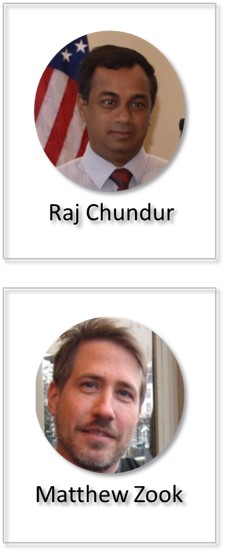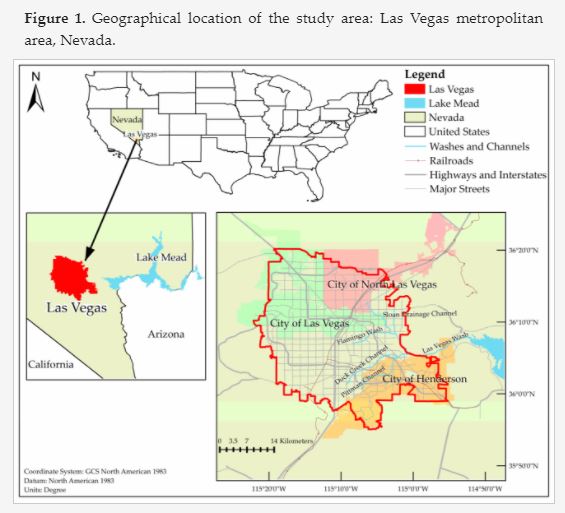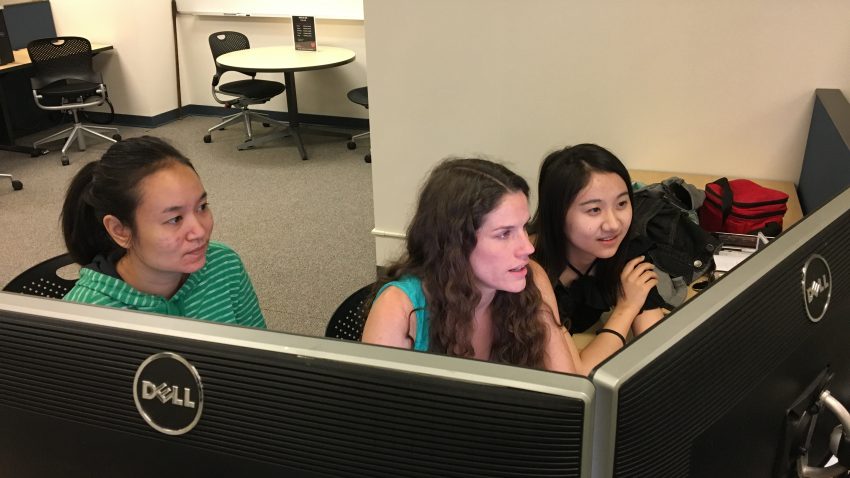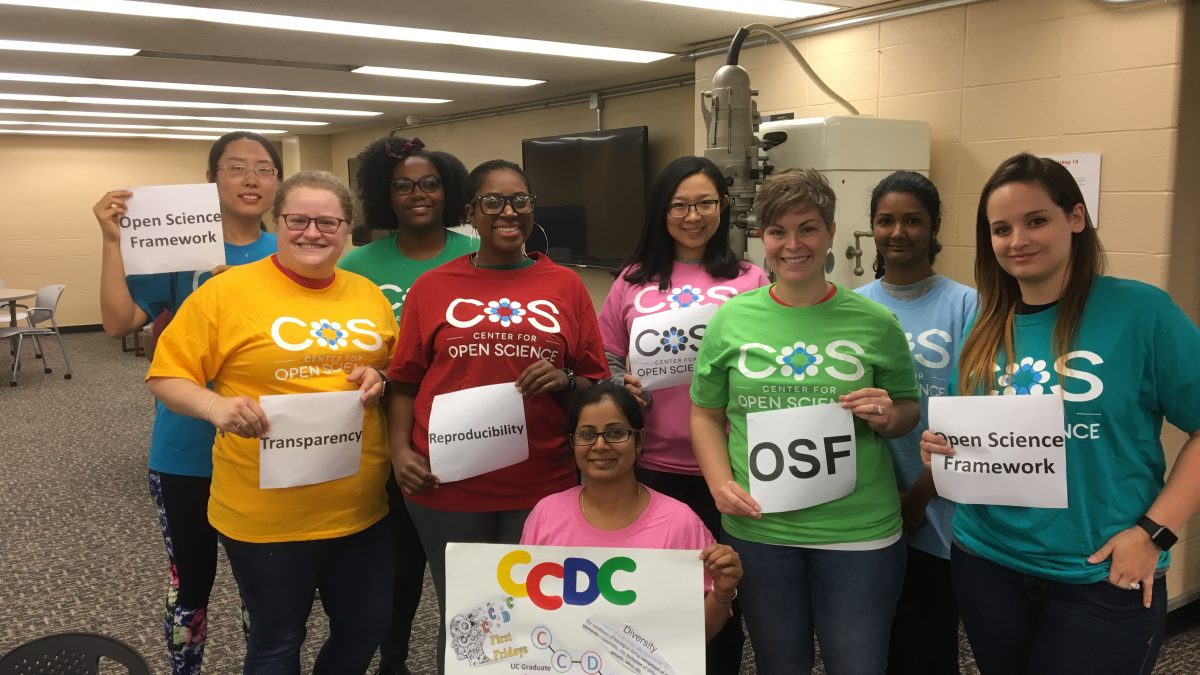Recently UC Libraries and the Graduate School hosted the Center for Open Science for two workshops on research reproducibility. The Center for Open Science, a non-for-profit based in Charlotteville, Va. promotes openess, integrity and transparency in research. Ian Sullivan of the COS facilitied the workshop and worked with researchers to address several types of repoducibility issues in research- Computational, Methodological and Results replicability.
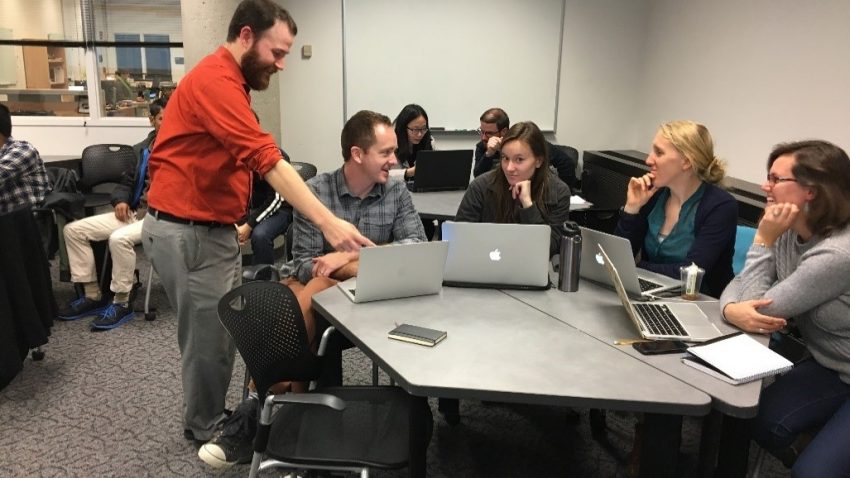
Ian Sullivan of the COS works with UC students and Biology faculty Nate Morehouse at reproducibility workshop
Computational reproducibility means that given the data and code/analysis methods used, someone else could reproduce the graphs and calculations in your paper or report. Methodological reproducibility means that someone else could follow your protocols and rerun the experperiment or research again and get the same results as you did. And results replicability means that with new data and using your methods and analysis, someone else can come to the same conclusion as you did.



 UC Libraries will be closed Thursday, November 23 and Friday, November 24 for Thanksgiving, with the exception of the
UC Libraries will be closed Thursday, November 23 and Friday, November 24 for Thanksgiving, with the exception of the 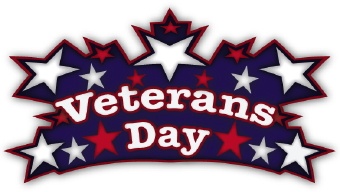 UC Libraries will be closed Friday, November 10 in observance of Veterans’ Day, except for the
UC Libraries will be closed Friday, November 10 in observance of Veterans’ Day, except for the 